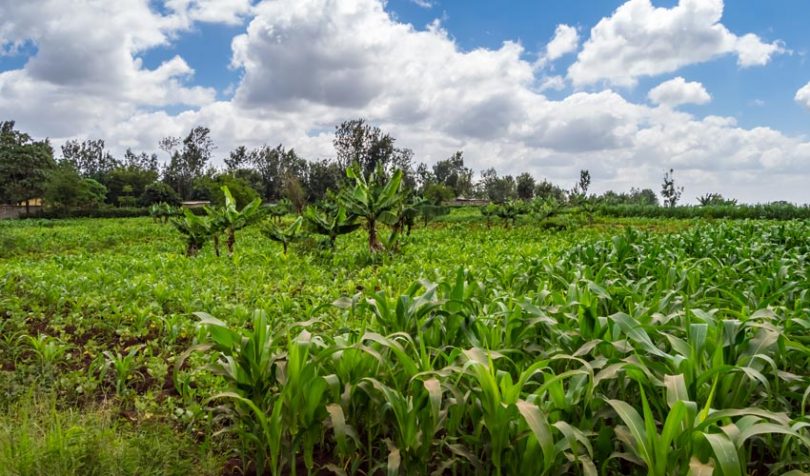On 14 November 2020, the German decentralized insurance startup Etherisc announced it’s working on a blockchain parametric crop insurance platform for smallholder farmers in Kenya. The objective is for weather events to trigger insurance payouts automatically.
According to a study conducted by the Global Innovation Lab for Climate Finance and Etherisc, its technology reduces the costs required for policy issuance by up to 41%. This, in turn, reduces the premium for farmers by up to 30%.
The study also found that only 20% of smallholder farmers in developing countries have access to agricultural insurance. This statistic plummets to 3% in sub-Saharan Africa. With climate change resulting in extreme weather events such as floods or droughts, crops are becoming increasingly vulnerable to destruction. To tackle the effects of climate change in Africa, Etherisc and Acre Africa, an insurance service provider for agriculture in East Africa, have sought sustainable solutions to protect farmers. The project aims to provide 250,000 East African farmers with insurance coverage.
The crop insurance solution is built on top of Etherisc’s “Generic Insurance Framework” on Etherum, which uses local weather parameters as inputs to smart contracts. Chainlink’s decentralized oracle network will provide a secure end-to-end connection to the weather data sources, broadcasting the data to the smart contracts. Parties to the smart contacts will be able to verify the information independently. In extreme weather events, insurance policies are automatically triggered by the incoming data, resulting in fair, timely, and transparent payouts, which insurers cannot tamper with or alter.
Whereas a typical claim cycle can take up to three months, Etherisc claims their solution reduces the time to one week, giving farmers increased confidence in the insurance process. Etherisc hopes its crop insurance solution may be used as a global blueprint for related solutions, as third parties can use Etherisc’s templates of blockchain-based insurance products to create their own product.
The blockchain platform has been successfully tested in a previous project with Aon and Oxfam, making its first payouts in 2019. The insurance blockchain solution was built for Sri Lankan farmers to lower costs and cover risk effectively. By automating the insurance claims processes based on weather catastrophes, insurer Aon was able to offer more affordable prices.
Blockchain has been scrutinized as a means to improve disaster insurance payout processes before. Last year, a report by the advisory board of the U.S. Federal Emergency Management Agency recommended the use of the technology to expedite the insurance process, citing Hurricanes Maira in Puerto Rico and Harvey in Texas. In these hurricanes, citizens lost essential documents such as land ownership records, identification, and policy papers needed to file an insurance claim.






